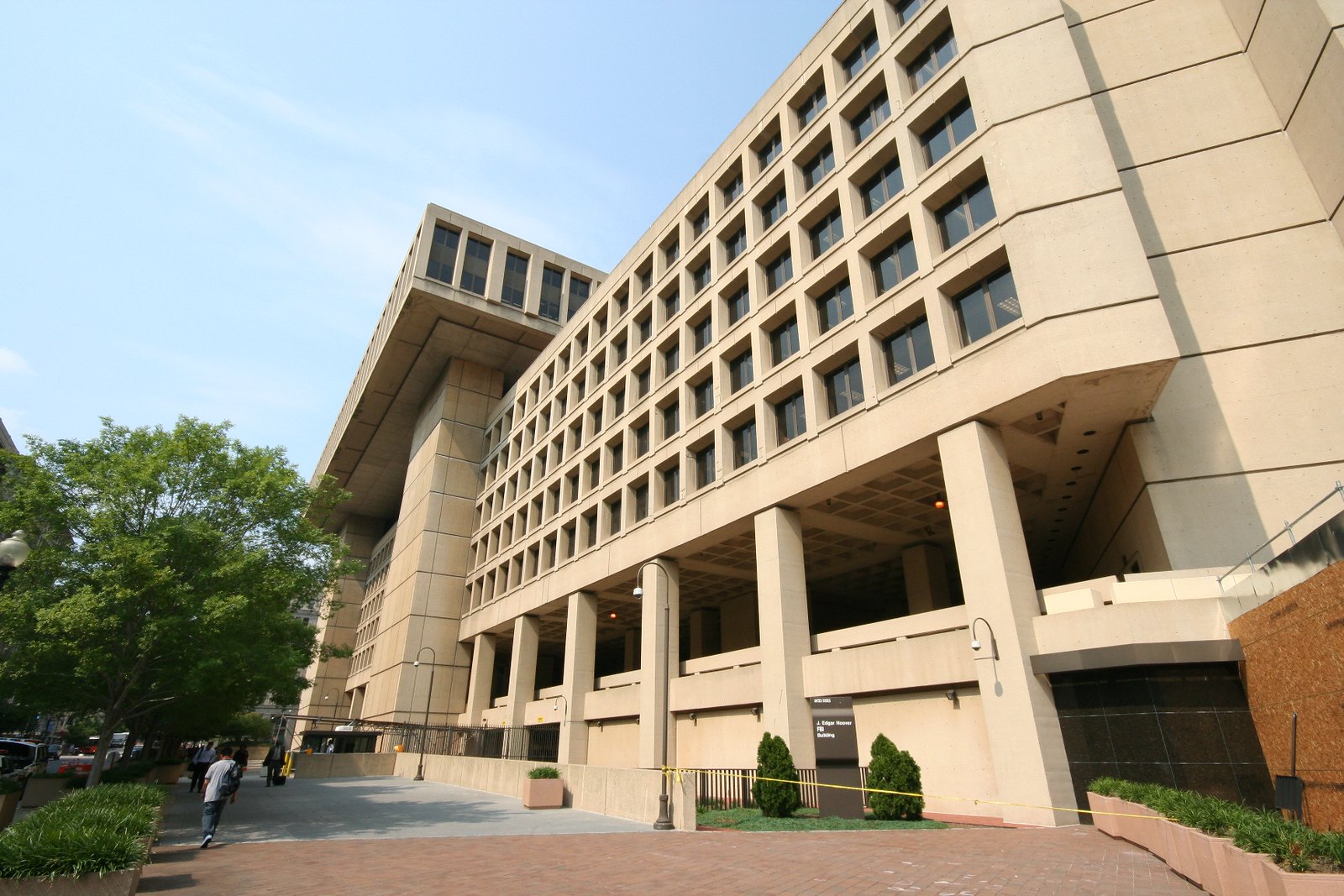Trump Adds to His National Security Team
President-Elect Trump kept busy over the Thanksgiving holiday with the announcement of more high-level national security appointments: Governor Nikki Haley as Ambassador to the United Nations, Donald McGahn as as White House Counsel, and KT McFarland as Deputy National Security Advisor.
Permanent Representative to the United Nations: Governor Nikki Haley (R-SC)
Published by The Lawfare Institute
in Cooperation With

President-Elect Trump kept busy over the Thanksgiving holiday with the announcement of more high-level national security appointments: Governor Nikki Haley as Ambassador to the United Nations, Donald McGahn as as White House Counsel, and KT McFarland as Deputy National Security Advisor.
Permanent Representative to the United Nations: Governor Nikki Haley (R-SC)
The Permanent Representative to the United Nations is an Ambassador-level position. The Ambassador leads the United States delegation to the United Nations and represents the United States at the Security Council and General Assembly. Unlike other ambassador-level appointments, the Permanent Representative has been a member of the President’s Cabinet since 1953 (with the exception of both Bush administrations). The Permanent Representative must receive Senate confirmation.
There have been sixteen Ambassadors to the United Nations over the past 25 years. Prior to taking up their position at the United Nations, all of them had held positions at the Department of State or National Security Council, and some were also noted foreign policy scholars. Governor Haley would be the first U.N. Ambassador without a similar foreign policy background.
Nikki Haley has been Governor of South Carolina since 2011. She recently came to national prominence in June 2015, when she endorsed removing the Confederate flag from the state Capitol after a white supremacist shot and killed nine African-Americans at a historically black church. Little is known about Haley’s views on foreign policy, though she was a sharp critic of Donald Trump during the campaign: she called Trump’s proposed ban on Muslims entering the United States “un-American” and strongly supported Marco Rubio during the primaries. Haley has been on record opposing the Iran nuclear deal and criticizing a “lack of historical and verifiable intelligence” on the identity of Syrian refugees, though she has not gone as far as some other Republican governors in attempting to block their resettlement in South Carolina.
Notwithstanding her relative lack of experience, Haley’s nomination has been warmly received by influential Republican and Democratic Senators. Senator Lindsey Graham (R-SC) said that Haley will be “a valuable ally to President-elect Trump,” and Senator Tim Kaine (VA) asserted that Haley’s “executive experience will serve her well in the challenging role of negotiating with all United Nations member states.”
White House General Counsel: Donald McGahn
The White House General Counsel advises the President and other senior White House staff on investigations, litigation, legislative and administrative proposals, policy initiatives, judicial nominations, and a range of other legal questions. This includes coordinating interdepartmental legal counsel on issues of national security. For example, in 2002 White House Counsel Alberto Gonzales advised President Bush that the war on terror had “rendere[ed] obsolete [the Geneva Convetions’] strict limitations on questions of enemy prisoners and render[ed] quaint some of its provisions,” paving the way for the administration’s approval of enhanced interrogation practices (including waterboarding).
Importantly, the White House Counsel serves the President in his official, not personal, capacity. This means that a separate, private attorney would need to be hired if Donald Trump were to run into ethics issues like those that arose during the Clinton administration. President Clinton, for example, employed David Kendall to represent his personal interests during the Whitewater and Monica Lewinsky scandals. Appointments as General Counsel do not require Senate confirmation.
There have been fourteen White House General Counsels over the past 25 years. Prior to being appointed General Counsel, they have held a mix of legal positions in the private and public sector. Few of these prior General Counsels had significant national security experience.
Donald McGahn specializes in election law and is currently a partner at Jones Day. He was previously general counsel for the Trump campaign and member of the Federal Election Commission. While at the Commission, McGahn was the core of a Republican coalition focused on dialing back what he considered “overreach” in campaign oversight. He has been particularly concerned about the effect of FEC regulation on First Amendment freedom of speech protections and the power of career FEC staff. During the campaign, McGahn was an important link between Donald Trump and the DC-based Republican establishment.
Deputy National Security Advisor: K.T. McFarland
The National Security Council (NSC) is the President’s primary forum for deliberating and coordinating security and foreign policy with senior advisors and cabinet officials. The Vice-President, Secretary of State, Secretary of the Treasury, Secretary of Defense, Chairman of the Joint Chiefs of Staff, and National Security Advisor are the primary members of the NSC. The Deputy National Security Advisor assists the National Security Advisor in coordinating policy making between members of the National Security Council. The position does not require Senate confirmation.
There have been twelve Deputy National Security Advisors over the past 25 years. All previous Deputy National Security Advisors had previous foreign policy experience at either the CIA, Department of State, National Security Council, or in senior military command. K.T. McFarland has a similar foreign policy background, having served in the Nixon, Ford, and Reagan administrations, including as an aide to Henry Kissinger and speechwriter for Defense Secretary Caspar Weinberger.
Notwithstanding this experience, McFarland is not clearly situated within the Republican national security establishment. In 2006, she staged an unsuccessful bid to unseat then-Senator Hillary Clinton. In the years since, she has been a national security analyst at Fox News, where she has repeatedly criticized President Obama’s handling of the fight against the Islamic State. After terror attacks in Paris last January she called for stricter counterterrorism policies, including “terrorist profiling.” While it is unclear what precisely such profiling would entail, she has said that the United States must “stop treating granny from Grand Rapids . . . the same as a young man who spends his time on jihadist websites and posts pictures of himself wearing a black ski mask in front of an ISIS flag.”
Former Senator Joe Lieberman has praised the President-elect’s choice, saying that McFarland is “one of our country’s most experienced, informed, and wise foreign policy and national security experts.” McFarland will work under Retired General Mike Flynn, profiled in this previous Lawfare post.





